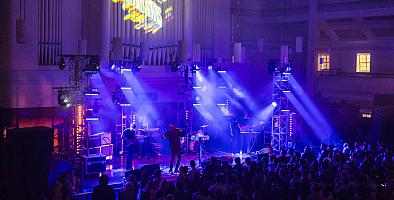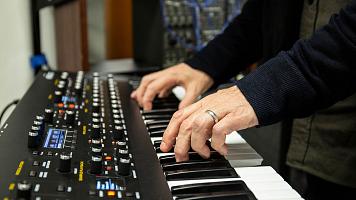Course information
Department
Length
15 months full-time, 27 months part-time
Course overview
This programme allows you to develop the business/entrepreneurial skills and attributes to commercialise on your creative and cultural practices and/or knowledge.
- The Music Pathway of the MA Creative and Cultural Entrepreneurship allows you to build on a historical and theoretical understanding of cultural and creative industries and the development of a cultural economy to create your own creative initiatives, which might be research-based, policy-based, practice-based, or a combination of any or all of these.
- The MA will be taught in partnership by a number of departments within Goldsmiths and with key individuals and organisations in the creative and cultural industries sector.
- Our collective approach is to integrate entrepreneurship within the development of creative practices and to take a ‘creative’ approach to the development of new businesses and the infrastructure that supports them.
Contact the department
If you have specific questions about the degree, contact the Admissions Tutor.





